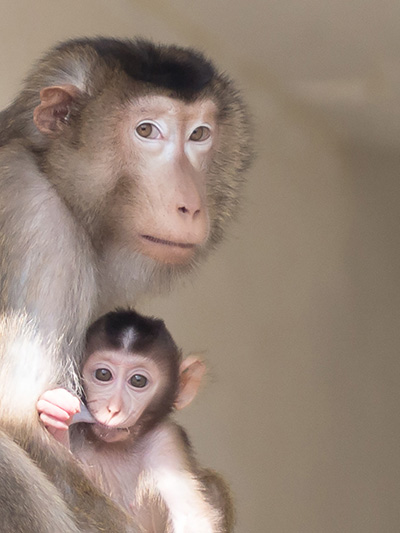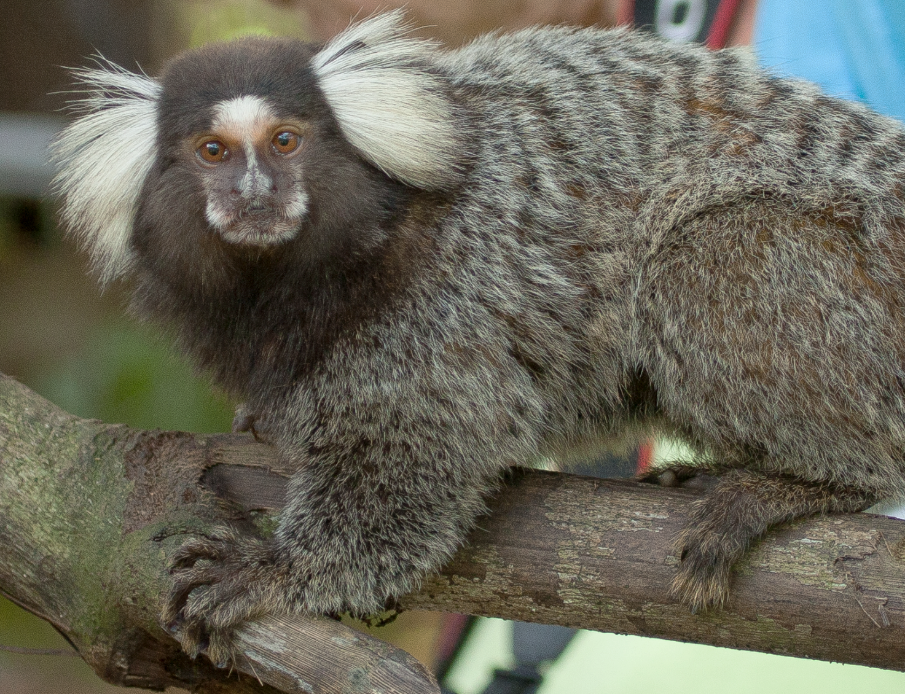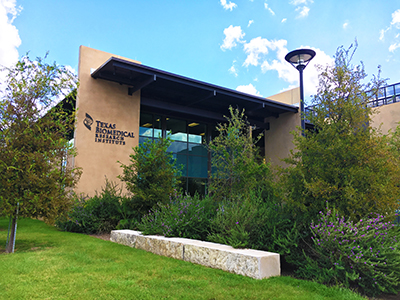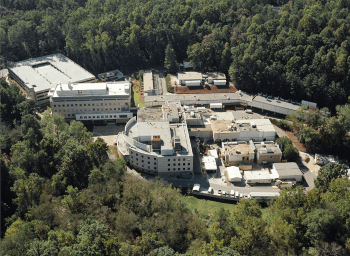Grant Number: P51OD010425
Research Emphasis/Objectives
Empowering the delivery of leading-edge scientific discoveries to improve human health while promoting the highest standards of care, health, well-being, and conservation for primates around the world.
Current Research
The Washington National Primate Research Center (WaNPRC) is host to diverse units of scientific excellence, including Gene Therapy and Regenerative Medicine; Global Conservation, Education and Outreach; Infectious Disease and Translational Medicine; and Neuroscience. These units are refining new nonhuman primate (NHP) models of human disease. Our researchers are either developing effective vaccines and therapies for SARS-CoV-2, HIV/AIDS, and other infectious diseases, or they are advancing genetics, neuroscience, vision, or stem cell biology and therapy. Our Global Conservation, Education and Outreach unit is exploring the human–animal interface, conservation, and disease characterization in native communities throughout the world. The WaNPRC directly supports NIH’s mission to translate scientific advances into meaningful improvement in health care and medicine.
Services Provided
To Outside Investigators: The WaNPRC encourages the use of its resources by investigators from the national and international biomedical research communities. The WaNPRC is available for collaborative research initiatives involving center staff and outside investigators. In general, expenses are assumed by the initiating investigator, and collaborative research efforts are covered by grants acquired collaboratively.
Specimens: Banked serum, tissue, and DNA samples. Fresh blood, serum, plasma, tissues, and organs.
Animals: The WaNPRC maintains a colony of specific-pathogen-free pigtailed macaques (Macaca nemestrina) that are available for research projects. Additionally, housing capabilities are available for other macaque species and New World monkeys:
- Pigtailed macaque (Macaca nemestrina)
- Cynomolgus macaque (Macaca fascicularis)
- Rhesus monkey (Macaca mulatta)
- Squirrel monkey (Simia sciureus)
Veterinary Technical Services: Timed pregnancies, tether, radiography, sonography, endoscopy, experimental surgery, experimental diets, nursery, behavioral assessment.
Pathology and Diagnostic Services: Necropsies, clinical chemistry, hematology, histology, bacteriology, virology, parasitology.
Research Support: Project support and specimen collection.
Bioengineering: Electronic circuit and instrumentation support.
PET Imaging: PET imaging capabilities.
Mucosal Immunology and Virology: NHP blood and tissue processing and cryopreservation, immunophenotyping, intracellular staining and multicolor flow cytometry, complete blood count (CBC) and subset analyses, viral load quantification.
Systems Biology: Study design, RNA/DNA isolation, DNA-Seq and RNA-seq library construction, DNA and RNA sequencing, rRNA 16S sequencing (microbiome), ChiP-seq and 10 X Genomics single-cell RNA-seq.
Global Programs: Focusing on conservation biology, field study training, and international outreach activities. Areas of focus include NHP population status, genetic characterization, habitat viability, population management, disease risk, and sustainability modeling.
Contact Information
Washington National Primate Research Center
University of Washington Box 357330
Health Sciences Center, Room I-421
Seattle, WA 98195-7330
wanprc.uw.edu
Principal Investigator
Mari Ostendorf, Ph.D.
Vice Provost for Research
Endowed Professor of Systems Design Methodology
Professor of Electrical and Computer Engineering
University of Washington
Phone: 206-685-1751
vpresearch@uw.edu
Other/Resource Contacts
Michele A. Basso, Ph.D.
Director
Phone: 206-221-5718
Fax: 206-616-1710
mbasso@uw.edu
Deborah Fuller, Ph.D.
Associate Director, Research
Phone: 206-221-2328
fullerdh@uw.edu
Charlotte E. Hotchkiss, D.V.M., Ph.D., DACLAM
Associate Director, Animal Resources
Phone: 206-685-2881
chotchki@uw.edu
Tissue Distribution
Phone: 206-616-8122
necropsy@uw.edu
 Research Emphasis/Objectives
Research Emphasis/Objectives








